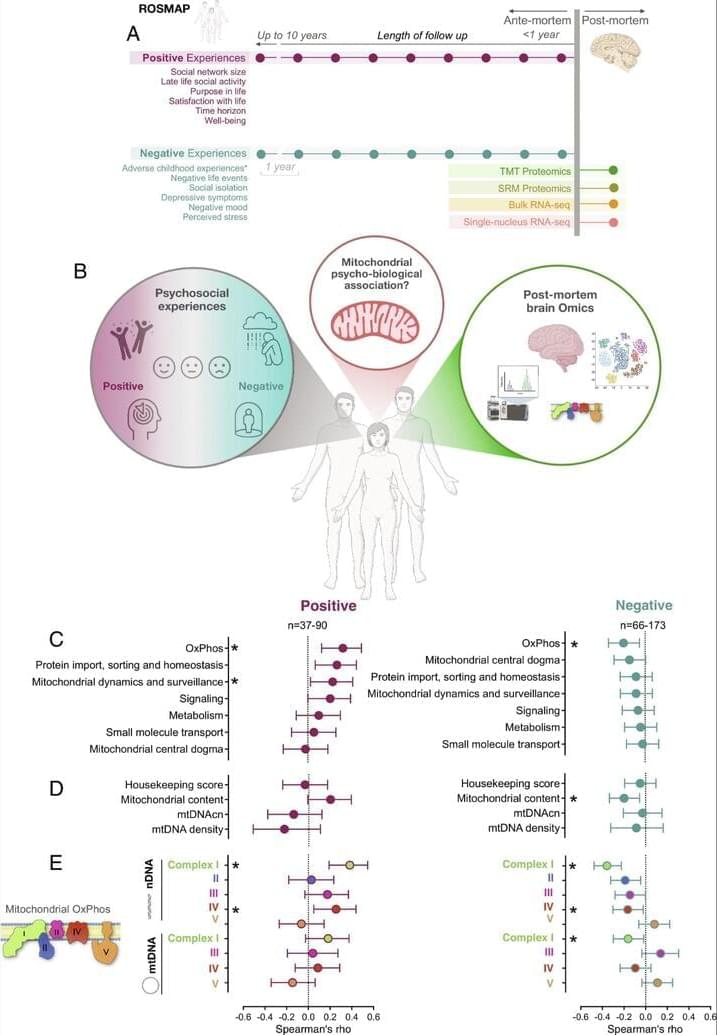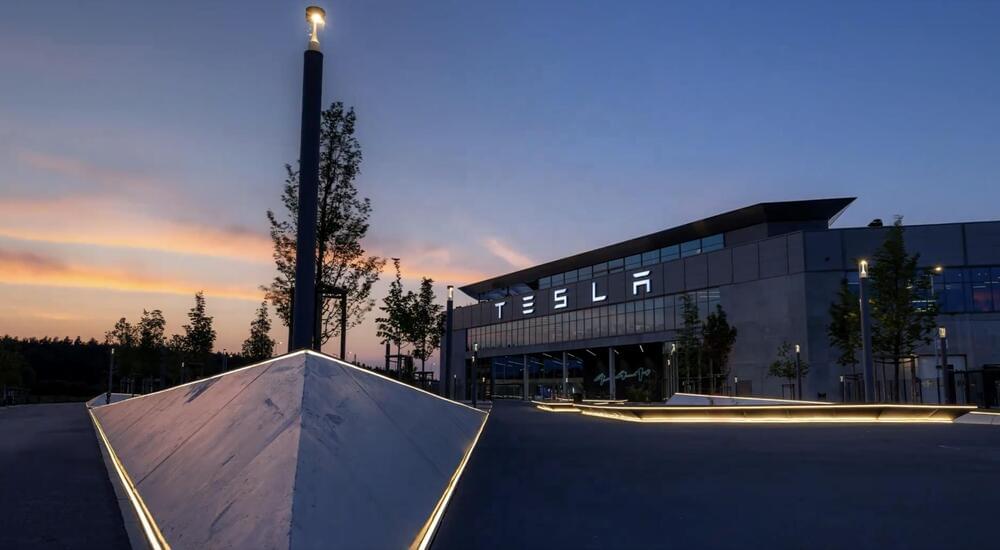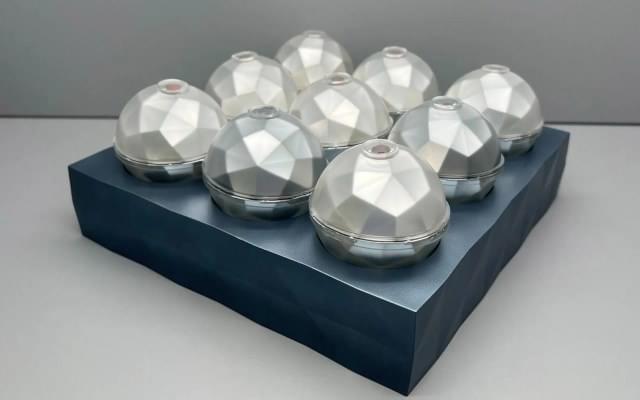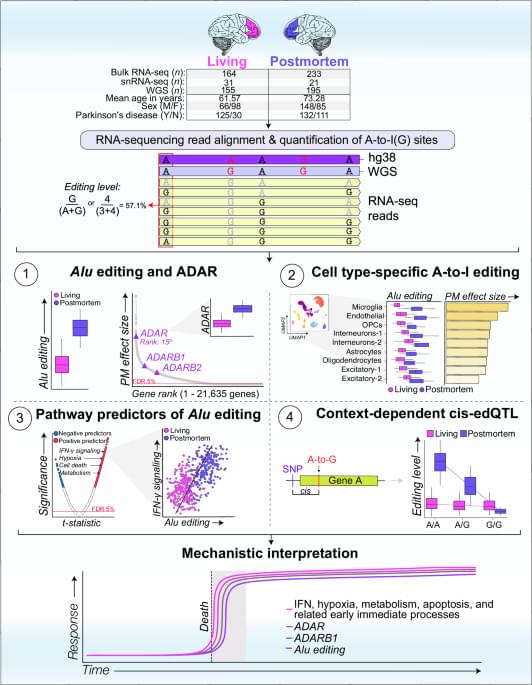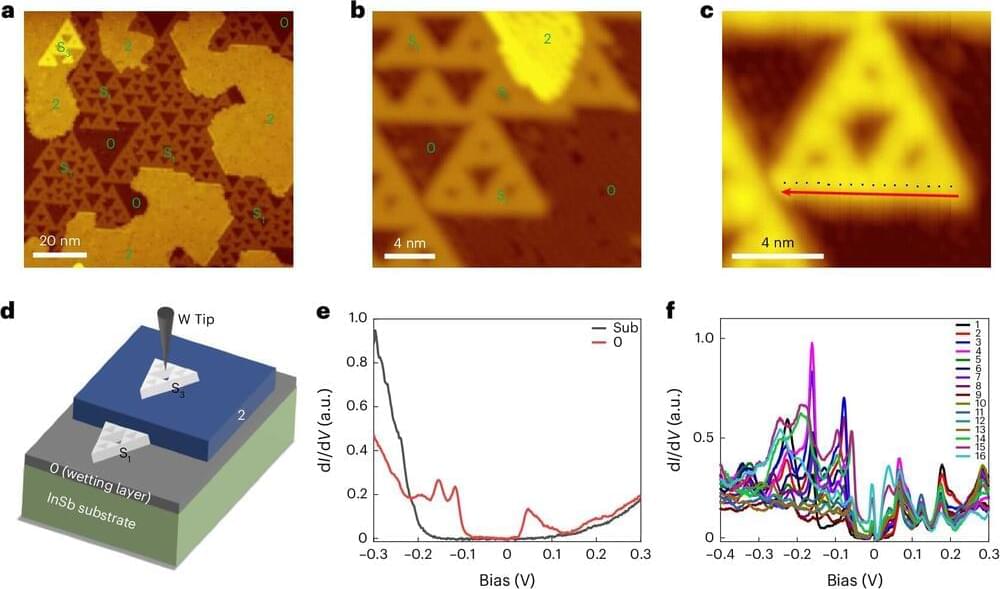
What if we could find a way to make electric currents flow, without energy loss? A promising approach for this involves using materials known as topological insulators. They are known to exist in one (wire), two (sheet) and three (cube) dimensions; all with different possible applications in electronic devices.
Theoretical physicists at Utrecht University, together with experimentalists at Shanghai Jiao Tong University, have discovered that topological insulators may also exist at 1.58 dimensions, and that these could be used for energy-efficient information processing. Their study was published in Nature Physics.
Classical bits, the units of computer operation, are based on electric currents: electrons running means 1, no electrons running means 0. With a combination of 0’s and 1’s, one can build all the devices that you use in your daily life, from cellphones to computers. However, while running, these electrons meet defects and impurities in the material, and lose energy. This is what happens when your device gets warm: the energy is converted into heat, and so your battery is drained faster.

